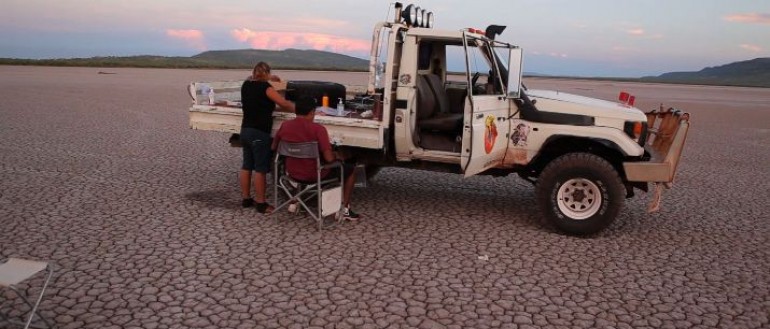Funders:
Collaborators:
- A collaboration of South Australian and Northern Territory kidney specialists,
North to South: the care and outcomes of people with end-stage kidney diseases (ESKD) in South Australia and the Northern Territory, 2001-2018
Aims:
We want to understand the admitted hospital utilisation, costs and outcomes for patients receiving care for ESKD in South Australia and the Northern Territory over the last seventeen years, taking into account differences in the characteristics of patients (age, Indigenous status, where they live), their illnesses ("co-morbidities") and the types of renal treatment they have ("treatment modalities"). To do this, we plan to analyse individual patient level, de-identified, linked data from:
- Australia and New Zealand Dialysis and Transplant (ANZDATA) Registry,
- The Northern Territory Admitted Patient Care dataset (NT-APC),
- The Integrated South Australian Activity Collection of Admitted Patient Activity (ISAAC),
- South Australian (SA) and Northern Territory (NT) Public Hospital Emergency Department datasets,
- SA and NT Death Registries,
- SA and NT Perinatal Registries (to investigate the those with ESKD having pregnancies and their outcome), and
- SA and NT Cancer Registries (to investigate morbidity associated with treatment).
Objectives:
Understanding the burden that ESKD places on patients and health care systems will help inform models of clinical care and policy, and identify gaps in care or critical areas for intervention to improve health outcomes.
Summary:
People with end-stage kidney diseases (ESKD) require treatment to survive (dialysis treatment, a kidney transplant), or neither – in which case they still require significant supportive palliative care. These treatments are intensive, very costly and most often provided in hospitals and associated facilities.
The number of people requiring these treatments has increased steadily nationally, particularly among the elderly and especially among the Indigenous peoples of central and northern Australia. While survival with these treatments has improved substantially over the last twenty years, survival is still worse for the elderly and Indigenous patients receiving either dialysis or a kidney transplant compared to similar middle-aged non-Indigenous patients.
Chief Investigator:
Contact info:
Research Opportunities:
- Study opportunities for higher degree students (Master, PhD) with this project. For further information Contact: Paul.lawton@menzies.edu.au

